For the past couple of days, everyone has been reminiscing about their favorite Eli Manning memories. The Super Bowls, heroic championship game appearances and other clutch moments on the field are certainly unforgettable.
While the people that work at 1925 Giants Drive cherish those experiences, the impact Manning made as a co-worker and person is everlasting. As unflappable as he was in the biggest moments, it was his consistency every day doing the mundane things off the field that set the perfect example for everyone that worked with him.
There has never been a superstar more down to earth and easy to deal with than Eli Manning. When he showed up for an event off the field, he would never come with an entourage. He would drive himself in his Toyota, by himself, and do exactly as he was told, even if it was something that was silly. (See Saturday Night Live, Football on Your Phone, etc.)
He never took himself seriously. Manning was known to put dye in a teammate's gloves before practice to turn his hands green, change the language on a locker mate's cell phone, or stuff dirt in a fellow quarterback's mouth during practice as a practical joke. If you did or said something odd in front of him, the one-liner or joke, consistently funny, was inevitable. It was a mischievous side only his teammates and co-workers would see that helped him bond with every person in the building.
If you needed Manning for an interview, there was never a question if he would do it, only when he would be able to make it happen. He always arrived with a smile and there were never any complaints if he had to wait before it started or if the interview went a little long. Despite being the most consequential New York football player since Lawrence Taylor, he made everything easy for people that needed him to do their job.
I've been lucky to conduct postgame locker room interviews on the Giants Radio Network for nearly a decade. After the coach's press conference, the first one on one interview has always been with Eli Manning. When interviewing many players, it can be difficult to ask or phrase questions about negative plays in the game without making it seem like you are trying to call them out or blame them for a loss.
I never had to worry about that when I interviewed Manning. Whether he was asked about a touchdown pass or an interception, his demeanor was always the same. He would answer the question as best he could and never held it against me for asking a tough question about a bad play after a loss. He understood it was just part of the job.
He believed in the Tom Coughlin postgame press conference strategy. When the offense did well, Manning would credit his teammates. When things went poorly, he would take the blame on his shoulders. Even in obvious situations when the offensive line fell apart in front of him, or an inexperienced wide receiver ran the wrong route, he would never point the finger at a teammate. Never.
On Mondays after the team won, he would often not meet the media. After a loss? He was always there to talk about what went wrong on Sunday. He was always accountable.
Manning conducted himself the right way. It might not matter as much for the people at home watching the game on television, but it mattered for all the people around him on a daily basis. It's why there has been such a public outpouring of sentiment for him from former teammates since announcing his retirement.
Manning was careful never to show too much emotion in front of the camera, which is why when he did you knew what he was talking about really meant something to him. When he almost came to tears talking about how much being the starting quarterback for the New York Giants meant to him, you knew it was sincere and genuine. He cared that much about the organization.
I've seen the endless twitter debate over his statistics and Hall of Fame credentials. I laugh because I know how little Manning cared about his numbers. He would constantly throw passes down the field into coverage and risk an interception or throw a pass away with no fear over how it would impact his completion percentage or quarterback rating if it gave his team even a tenth of a percentage point better chance to win a game. All he cared about was winning, not his statistics or rankings.
Manning was at his best when the moments were the biggest. He was always the same person in the smallest moments. He was unflappable. He was funny and self-deprecating. He was always himself. Everything about him off the field just seemed so easy. He is a Hall of Fame person.
It has been an honor and privilege to work in the same building as Eli Manning since 2007. Watching him conduct himself through tough times has been humbling. I'll miss my postgame interviews with him. It won't be the same for all of us at 1925 Giants Drive. We all hope he won't be a stranger.
Thanks Eli! It has been our pleasure.
View photos from behind the scenes of Eli Manning's retirement ceremony.



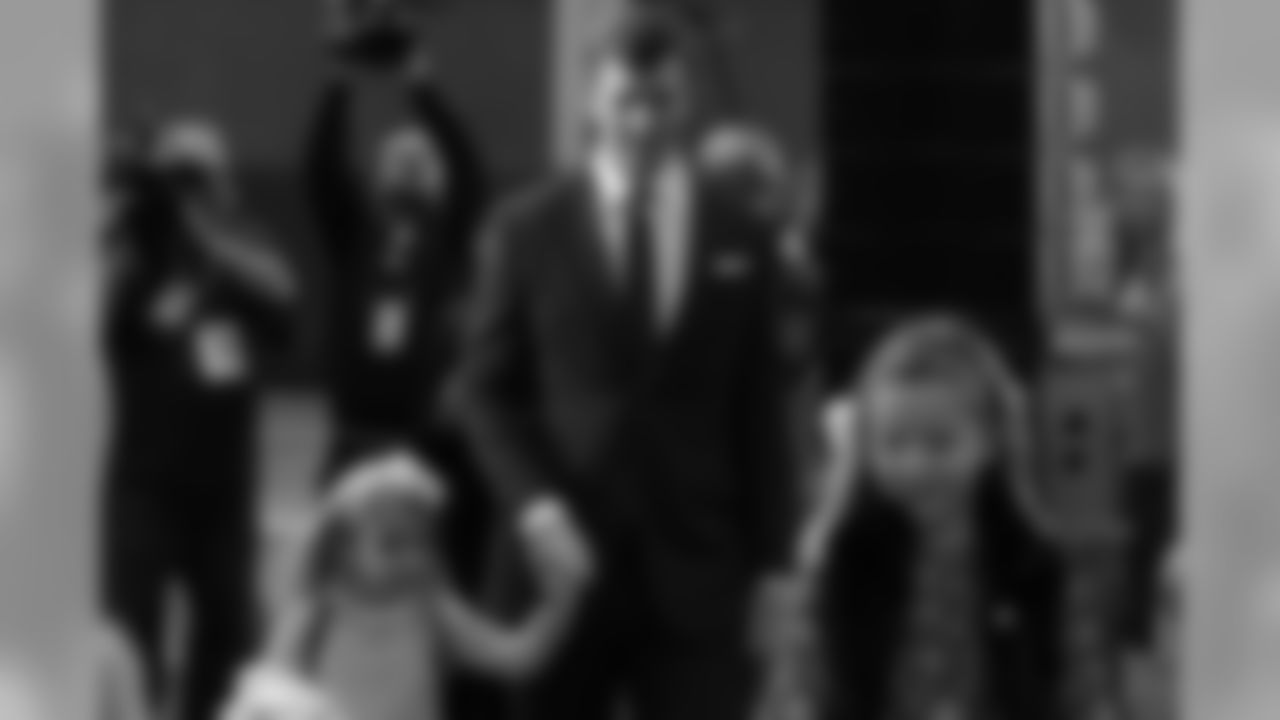
New York Giants NFL football quarterback Eli Manning arrives at a press conference with his children to announce his retirement on Friday, Jan. 24, 2020, in East Rutherford, N.J. (AP Photo/Adam Hunger)

New York Giants quarterback Eli Manning (10) announces his retirement to the media after after 16 seasons with the New York Giants at Quest Diagnostics Training Center on Friday January 23rd, 2020 in East Rutherford, New

New York Giants NFL football quarterback Eli Manning walks away from the podium after announcing his retirement on Friday, Jan. 24, 2020, in East Rutherford, N.J. (AP Photo/Adam Hunger)

New York Giants NFL football quarterback Eli Manning announces his retirement on Friday, Jan. 24, 2020, in East Rutherford, N.J. (AP Photo/Adam Hunger)





New York Giants NFL football quarterback Eli Manning announces his retirement on Friday, Jan. 24, 2020, in East Rutherford, N.J. (AP Photo/Adam Hunger)





New York Giants quarterback Eli Manning (10) announces his retirement to the media after after 16 seasons with the New York Giants at Quest Diagnostics Training Center on Friday January 23rd, 2020 in East Rutherford, New


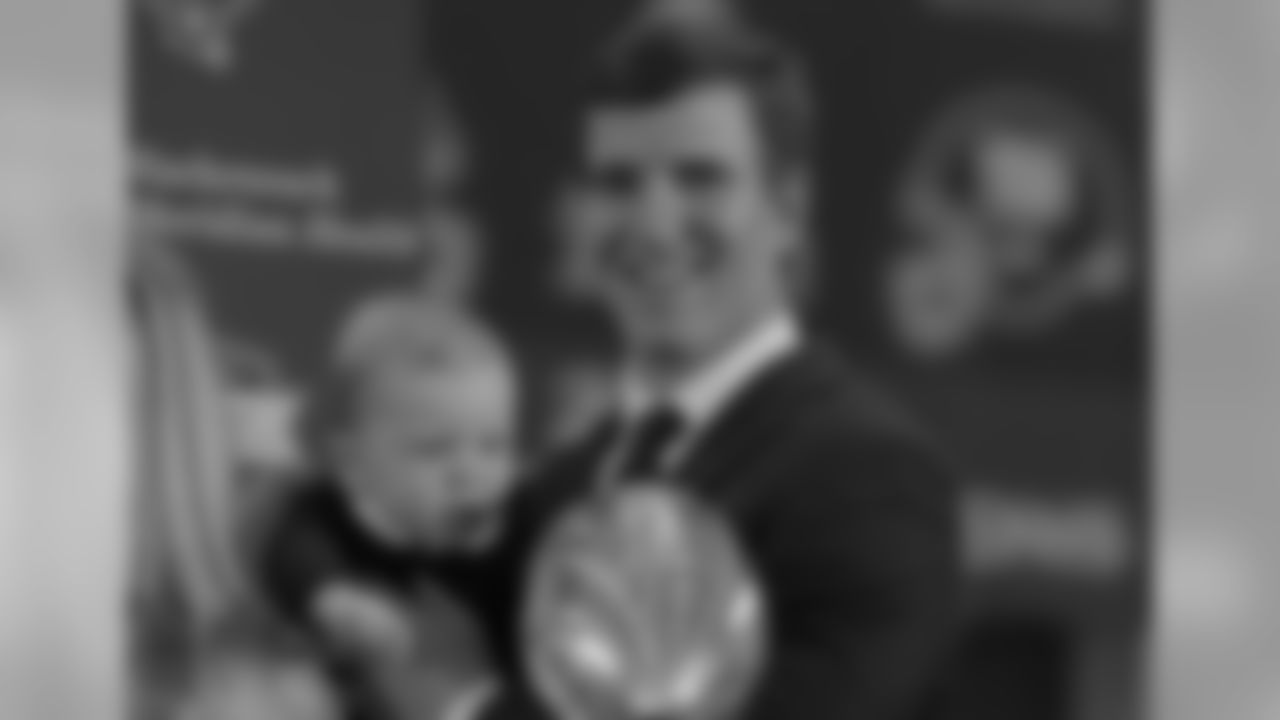
New York Giants NFL football quarterback Eli Manning holds his son Charles after announcing his retirement on Friday, Jan. 24, 2020, in East Rutherford, N.J. (AP Photo/Adam Hunger)


New York Giants quarterback Eli Manning (10) talks with Brandon Jacobs before announcing his retirement to the media after after 16 seasons with the New York Giants at Quest Diagnostics Training Center on Friday January 23rd, 2020 in East Rutherford, New

New York Giants NFL football quarterback Eli Manning announces his retirement on Friday, Jan. 24, 2020, in East Rutherford, N.J. (AP Photo/Adam Hunger)

New York Giants quarterback Eli Manning (10) meets with New York Giants head coach Joe Judge before announcing his retirement to the media after after 16 seasons with the New York Giants at Quest Diagnostics Training Center on Friday January 23rd, 2020 in East Rutherford, New







New York Giants quarterback Eli Manning (10) talks to Ronnie Barnes before he announces his retirement to the media after after 16 seasons with the New York Giants at Quest Diagnostics Training Center on Friday January 23rd, 2020 in East Rutherford, New


New York Giants quarterback Eli Manning (10) talks with Ernie Accorsi and John Mara before he announces his retirement to the media after after 16 seasons with the New York Giants at Quest Diagnostics Training Center on Friday January 23rd, 2020 in East Rutherford, New




New York Giants NFL football quarterback Eli Manning announces his retirement on Friday, Jan. 24, 2020, in East Rutherford, N.J. (AP Photo/Adam Hunger)








Former head coach Tom Coughlin talks with Archie Manning at Quest Diagnostics Training Center on Friday January 23rd, 2020 in East Rutherford, New

New York Giants quarterback Eli Manning (10) meets with New York Giants head coach Joe Judge before announcing his retirement to the media after after 16 seasons with the New York Giants at Quest Diagnostics Training Center on Friday January 23rd, 2020 in East Rutherford, New

New York Giants NFL football quarterback Eli Manning announces his retirement on Friday, Jan. 24, 2020, in East Rutherford, N.J. (AP Photo/Adam Hunger)

New York Giants NFL football quarterback Eli Manning announces his retirement on Friday, Jan. 24, 2020, in East Rutherford, N.J. (AP Photo/Adam Hunger)



New York Giants quarterback Eli Manning (10) walks the hallways one last time before he announces his retirement to the media after after 16 seasons with the New York Giants at Quest Diagnostics Training Center on Friday January 23rd, 2020 in East Rutherford, New

New York Giants NFL football quarterback Eli Manning is followed by cameras after announcing his retirement on Friday, Jan. 24, 2020, in East Rutherford, N.J. (AP Photo/Adam Hunger)

New York Giants NFL football quarterback Eli Manning approaches the podium to announce his retirement on Friday, Jan. 24, 2020, in East Rutherford, N.J. (AP Photo/Adam Hunger)


New York Giants quarterback Eli Manning (10) talks with Hakeem Nicks before announcing his retirement to the media after after 16 seasons with the New York Giants at Quest Diagnostics Training Center on Friday January 23rd, 2020 in East Rutherford, New


New York Giants NFL football quarterback Eli Manning announces his retirement on Friday, Jan. 24, 2020, in East Rutherford, N.J. (AP Photo/Adam Hunger)


New York Giants NFL football quarterback Eli Manning after announcing his retirement on Friday, Jan. 24, 2020, in East Rutherford, N.J. (AP Photo/Adam Hunger)


New York Giants NFL football quarterback Eli Manning announces his retirement on Friday, Jan. 24, 2020, in East Rutherford, N.J. (AP Photo/Adam Hunger)

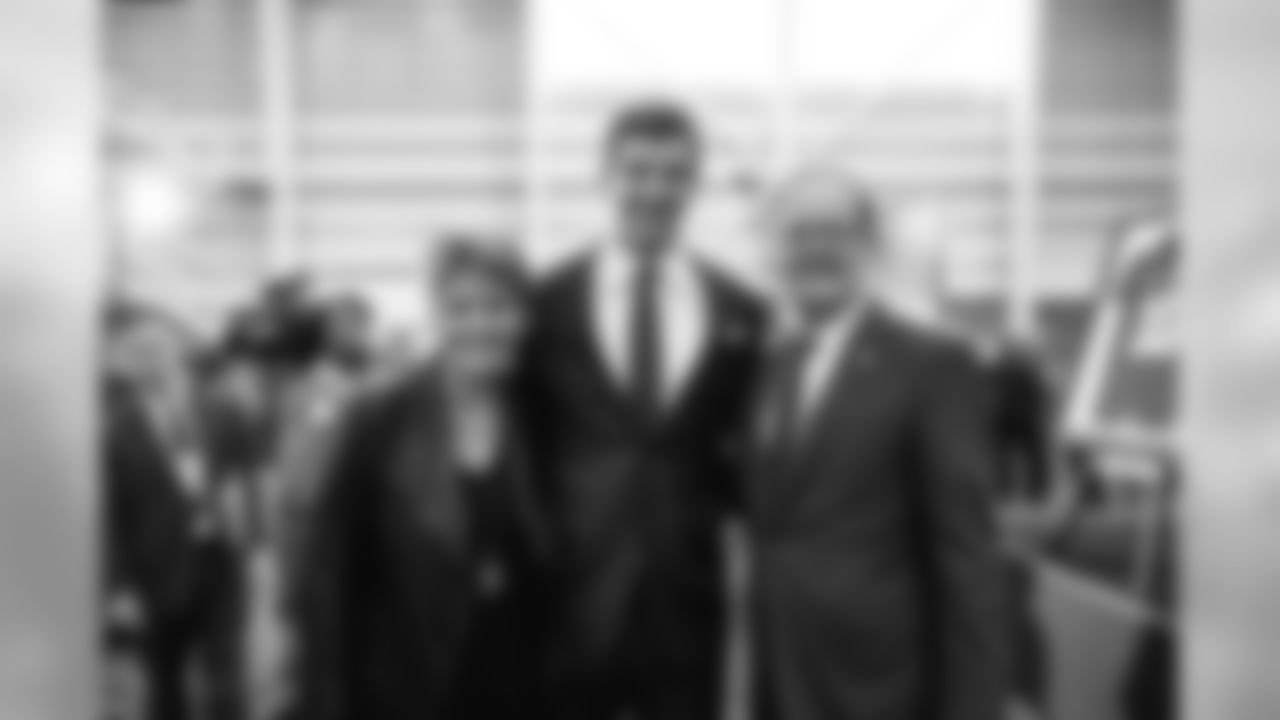










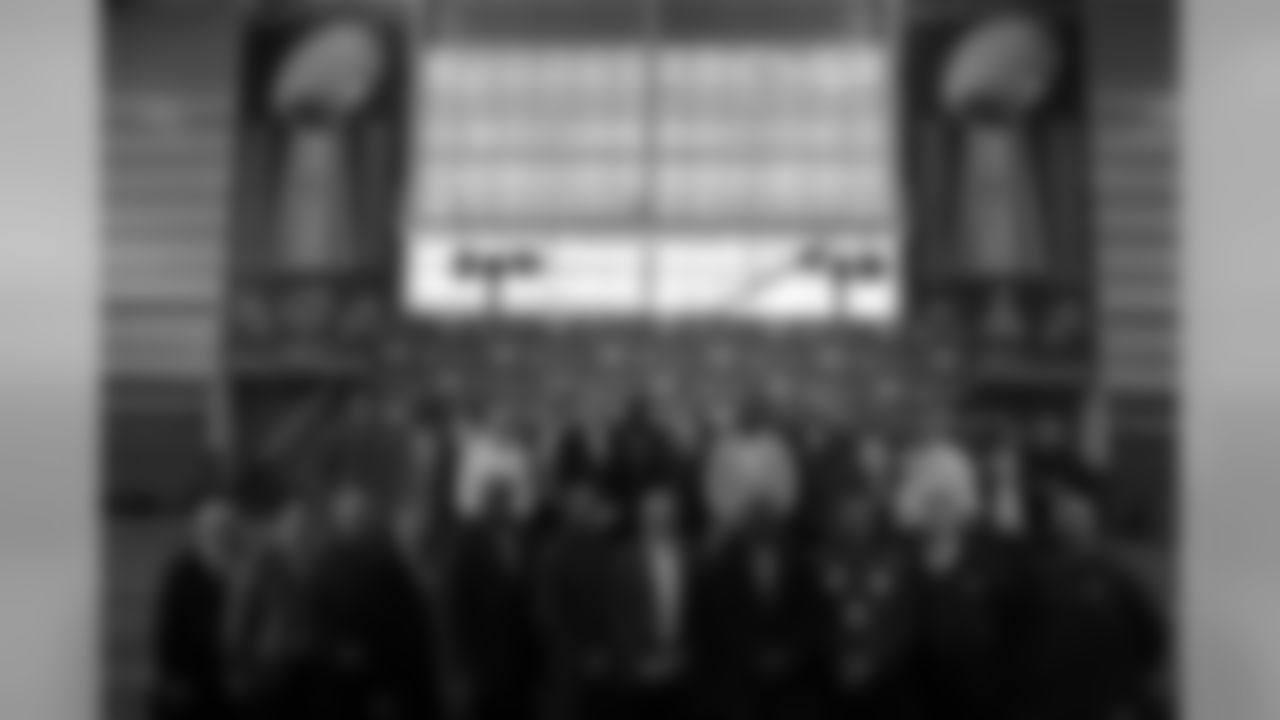
New York Giants NFL football quarterback Eli Manning, center, poses with former teammates and coaches after announcing his retirement on Friday, Jan. 24, 2020, in East Rutherford, N.J. (AP Photo/Adam Hunger)

New York Giants NFL football quarterback Eli Manning poses with owners Laurie Tisch, left, and John Mara, right, after announcing his retirement on Friday, Jan. 24, 2020, in East Rutherford, N.J. (AP Photo/Adam Hunger)

New York Giants NFL football quarterback Eli Manning with his son Charles after announcing his retirement on Friday, Jan. 24, 2020, in East Rutherford, N.J. (AP Photo/Adam Hunger)

New York Giants NFL football quarterback Eli Manning with his son Charles after announcing his retirement on Friday, Jan. 24, 2020, in East Rutherford, N.J. (AP Photo/Adam Hunger)

New York Giants NFL football quarterback Eli Manning with his children after announcing his retirement on Friday, Jan. 24, 2020, in East Rutherford, N.J. (AP Photo/Adam Hunger)


New York Giants quarterback Eli Manning (10) shakes hands with Ernie Accorsi before he announces his retirement to the media after after 16 seasons with the New York Giants at Quest Diagnostics Training Center on Friday January 23rd, 2020 in East Rutherford, New

New York Giants NFL football quarterback Eli Manning announces his retirement on Friday, Jan. 24, 2020, in East Rutherford, N.J. In the foreground are Super Bowl XLII and XLVI trophies. (AP Photo/Adam Hunger)

New York Giants NFL football quarterback Eli Manning poses with his family and parents including Archie Manning after announcing his retirement on Friday, Jan. 24, 2020, in East Rutherford, N.J. (AP Photo/Adam Hunger)

New York Giants NFL football quarterback Eli Manning poses with his family and parents including Archie Manning after announcing his retirement on Friday, Jan. 24, 2020, in East Rutherford, N.J. (AP Photo/Adam Hunger)

New York Giants NFL football quarterback Eli Manning announces his retirement on Friday, Jan. 24, 2020, in East Rutherford, N.J. (AP Photo/Adam Hunger)

New York Giants NFL football quarterback Eli Manning announces his retirement on Friday, Jan. 24, 2020, in East Rutherford, N.J. (AP Photo/Adam Hunger)
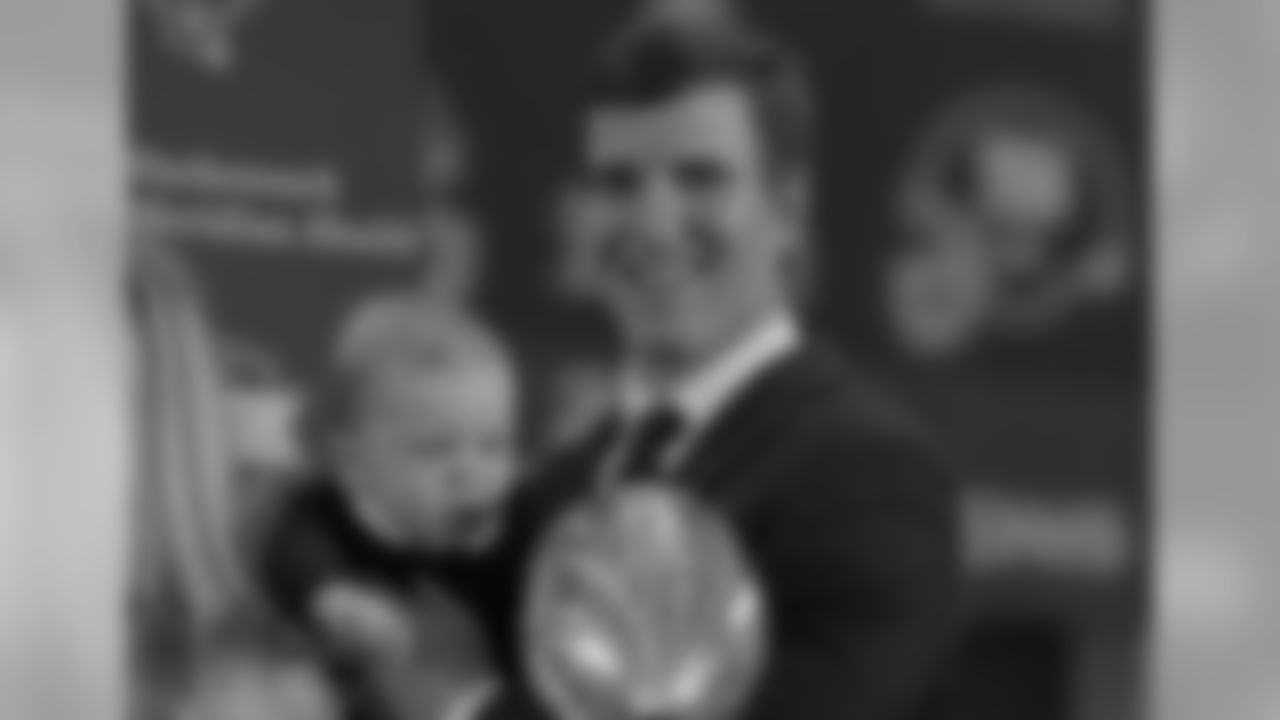
New York Giants NFL football quarterback Eli Manning holds his son Charles after announcing his retirement on Friday, Jan. 24, 2020, in East Rutherford, N.J. (AP Photo/Adam Hunger)

New York Giants NFL football quarterback Eli Manning announces his retirement on Friday, Jan. 24, 2020, in East Rutherford, N.J. (AP Photo/Adam Hunger)

New York Giants NFL football quarterback Eli Manning announces his retirement on Friday, Jan. 24, 2020, in East Rutherford, N.J. (AP Photo/Adam Hunger)

New York Giants NFL football quarterback Eli Manning announces his retirement on Friday, Jan. 24, 2020, in East Rutherford, N.J. (AP Photo/Adam Hunger)

New York Giants NFL football quarterback Eli Manning walks away from the podium after announcing his retirement on Friday, Jan. 24, 2020, in East Rutherford, N.J. (AP Photo/Adam Hunger)

New York Giants NFL football quarterback Eli Manning announces his retirement on Friday, Jan. 24, 2020, in East Rutherford, N.J. (AP Photo/Adam Hunger)




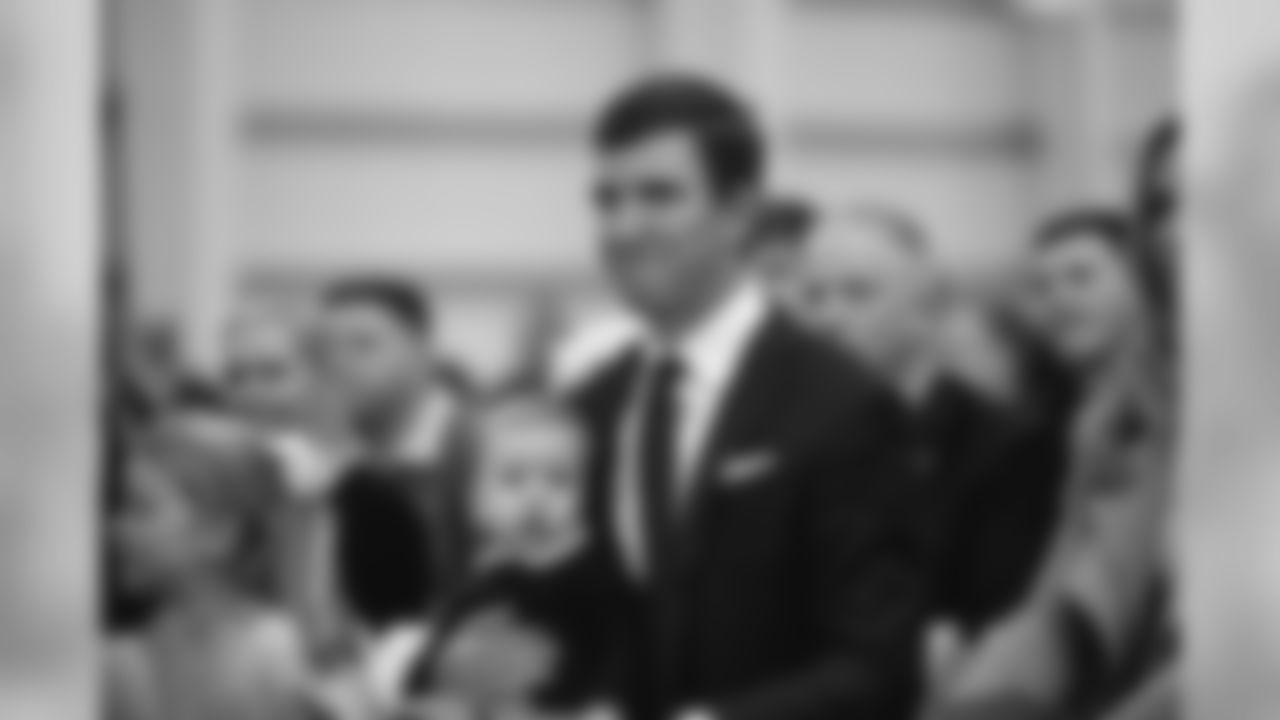
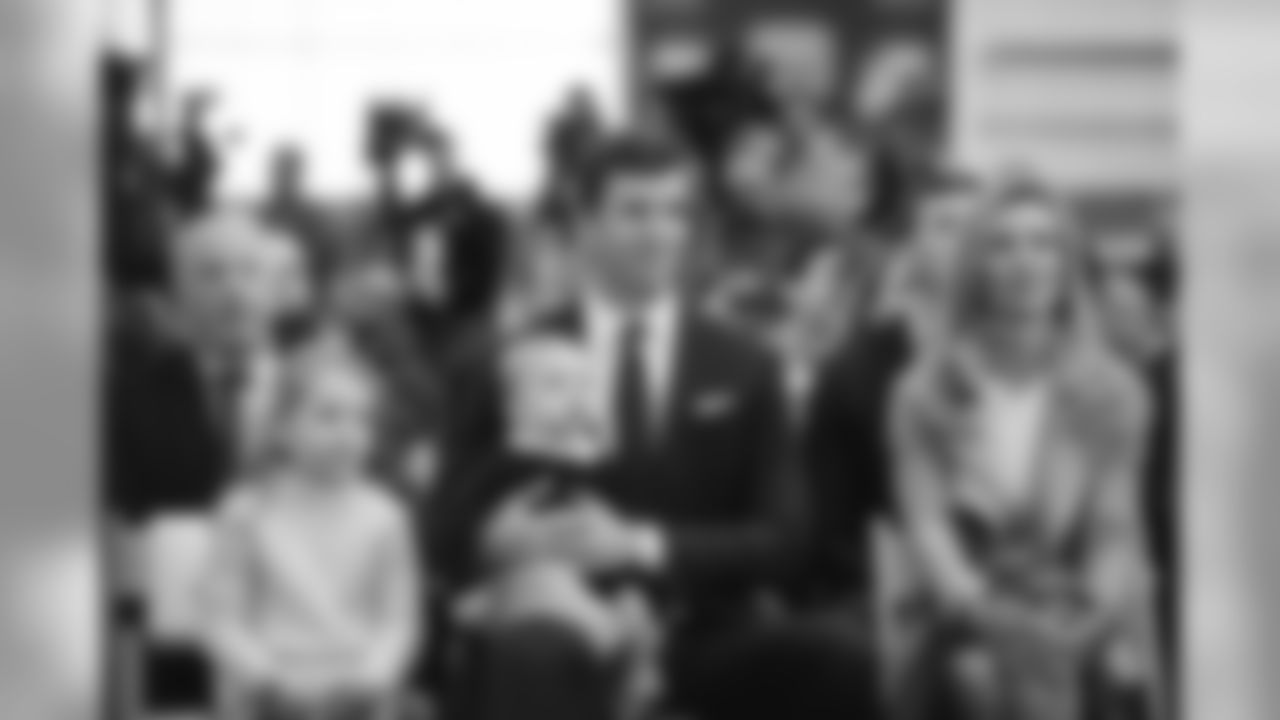


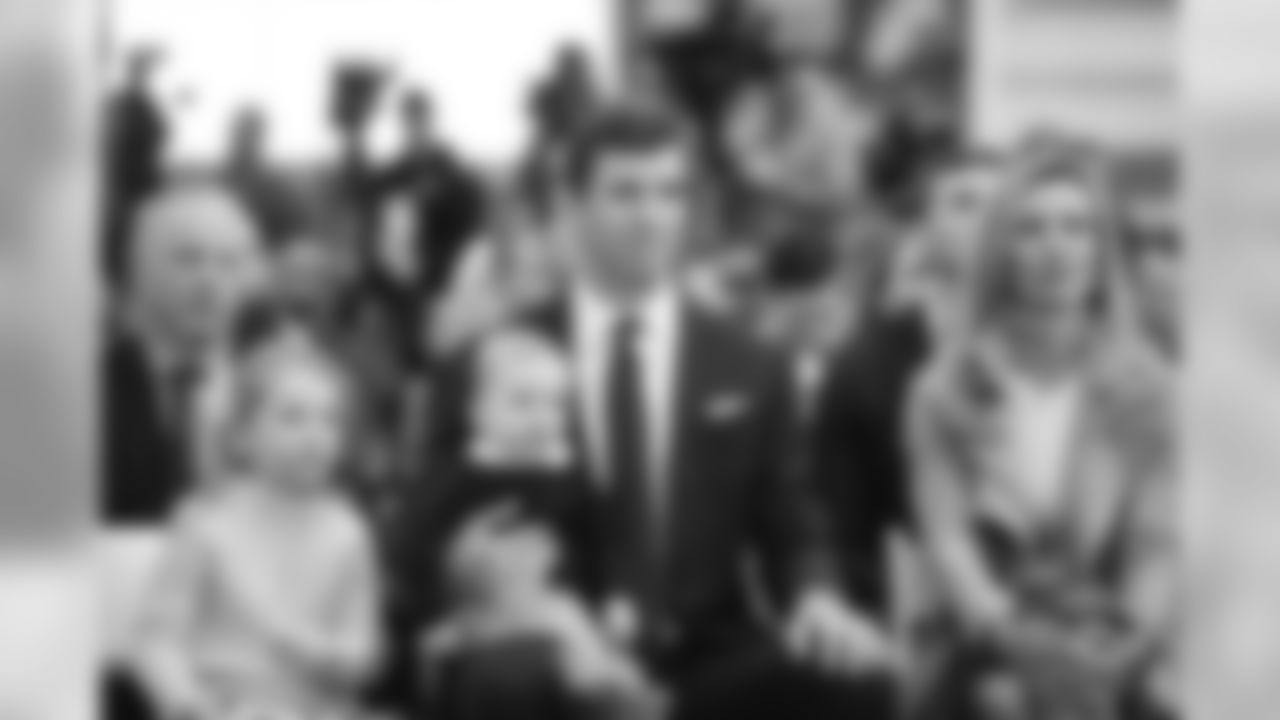
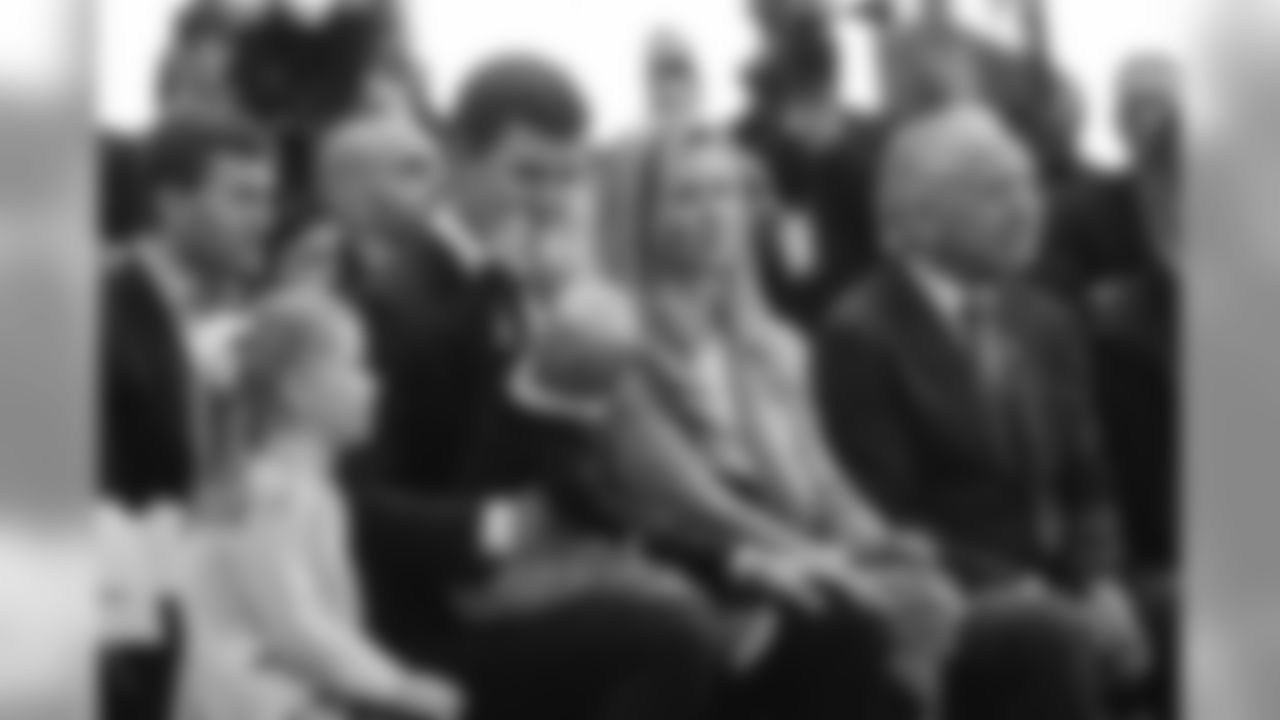

New York Giants quarterback Eli Manning (10) announces his retirement to the media after after 16 seasons with the New York Giants at Quest Diagnostics Training Center on Friday January 23rd, 2020 in East Rutherford, New

New York Giants quarterback Eli Manning (10) announces his retirement to the media after after 16 seasons with the New York Giants at Quest Diagnostics Training Center on Friday January 23rd, 2020 in East Rutherford, New

New York Giants quarterback Eli Manning (10) announces his retirement to the media after after 16 seasons with the New York Giants at Quest Diagnostics Training Center on Friday January 23rd, 2020 in East Rutherford, New

New York Giants quarterback Eli Manning (10) announces his retirement to the media after after 16 seasons with the New York Giants at Quest Diagnostics Training Center on Friday January 23rd, 2020 in East Rutherford, New

New York Giants quarterback Eli Manning (10) announces his retirement to the media after after 16 seasons with the New York Giants at Quest Diagnostics Training Center on Friday January 23rd, 2020 in East Rutherford, New

New York Giants quarterback Eli Manning (10) announces his retirement to the media after after 16 seasons with the New York Giants at Quest Diagnostics Training Center on Friday January 23rd, 2020 in East Rutherford, New

New York Giants quarterback Eli Manning (10) announces his retirement to the media after after 16 seasons with the New York Giants at Quest Diagnostics Training Center on Friday January 23rd, 2020 in East Rutherford, New

New York Giants quarterback Eli Manning (10) announces his retirement to the media after after 16 seasons with the New York Giants at Quest Diagnostics Training Center on Friday January 23rd, 2020 in East Rutherford, New

New York Giants quarterback Eli Manning (10) announces his retirement to the media after after 16 seasons with the New York Giants at Quest Diagnostics Training Center on Friday January 23rd, 2020 in East Rutherford, New
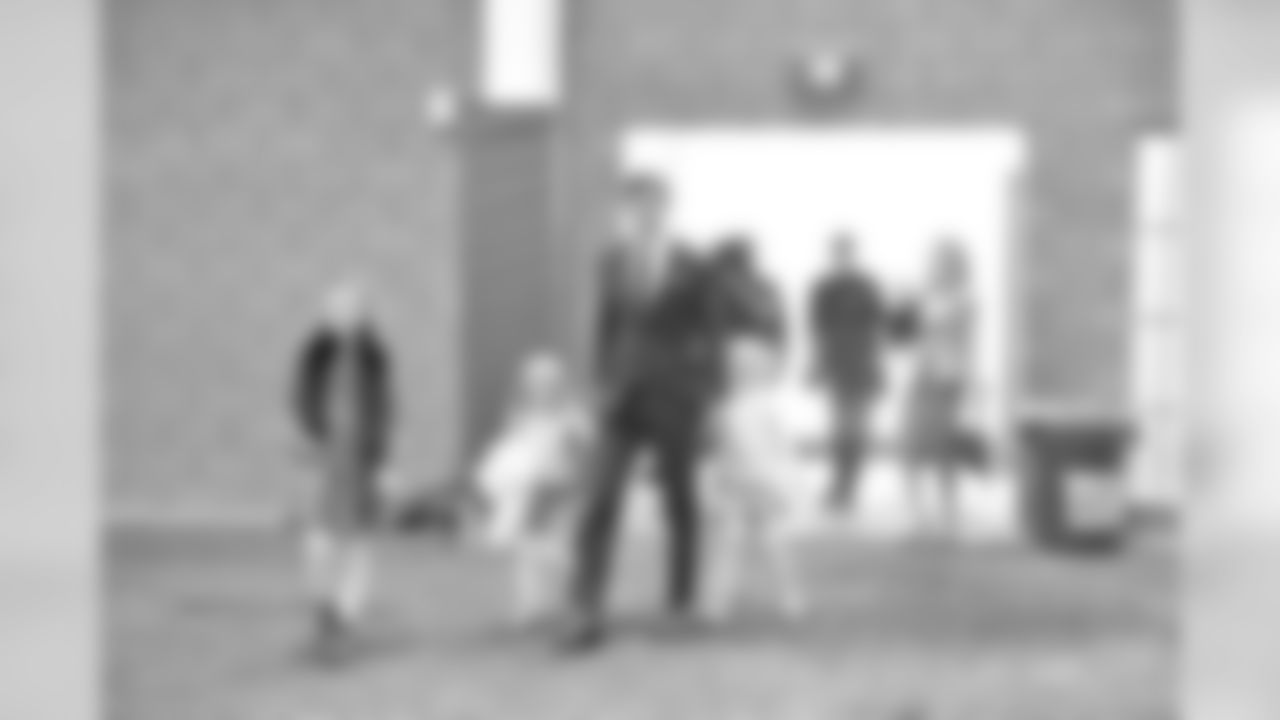
New York Giants quaterback Eli Manning enters the field house before announcing his retirement to the media after after 16 seasons with the New York Giants at Quest Diagnostics Training Center on Friday January 23rd, 2020 in East Rutherford, New

New York Giants quarterback Eli Manning (10) announces his retirement to the media after after 16 seasons with the New York Giants at Quest Diagnostics Training Center on Friday January 23rd, 2020 in East Rutherford, New
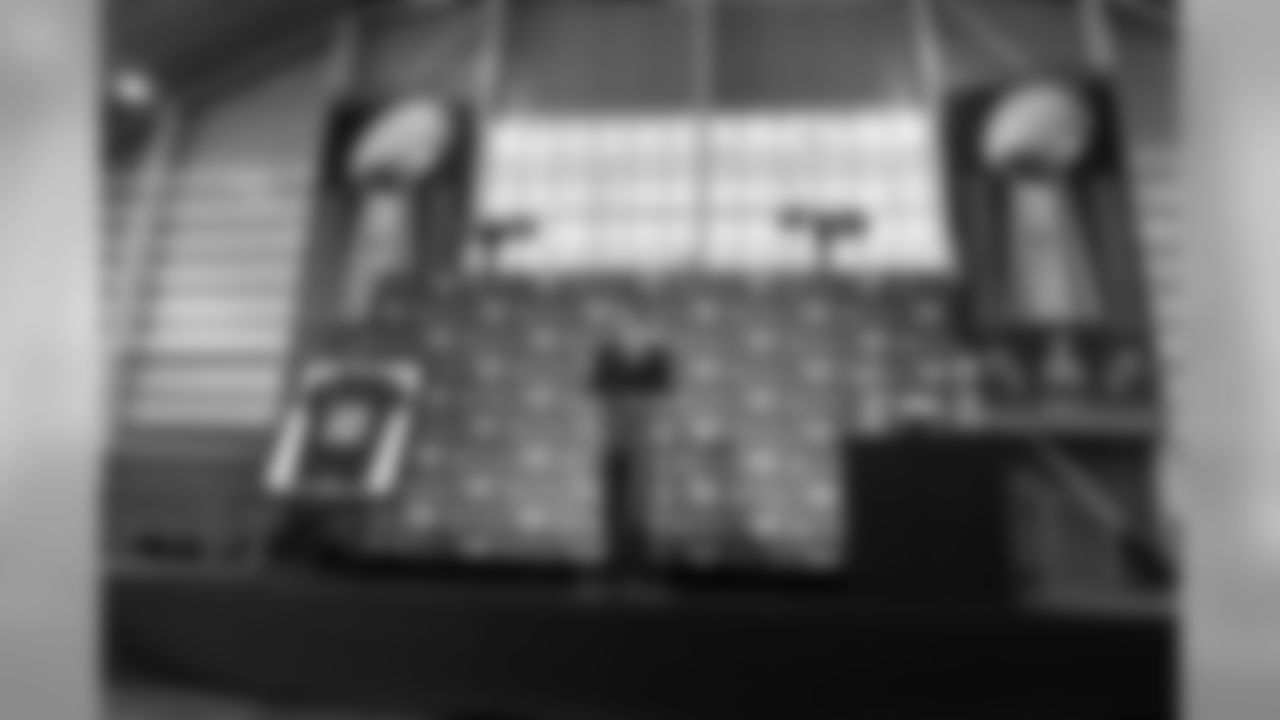
New York Giants quarterback Eli Manning (10) announces his retirement to the media after after 16 seasons with the New York Giants at Quest Diagnostics Training Center on Friday January 23rd, 2020 in East Rutherford, New

New York Giants quarterback Eli Manning (10) announces his retirement to the media after after 16 seasons with the New York Giants at Quest Diagnostics Training Center on Friday January 23rd, 2020 in East Rutherford, New

New York Giants quarterback Eli Manning (10) poses for a family photo before he announces his retirement to the media after after 16 seasons with the New York Giants at Quest Diagnostics Training Center on Friday January 23rd, 2020 in East Rutherford, New

New York Giants quarterback Eli Manning (10) announces his retirement to the media after after 16 seasons with the New York Giants at Quest Diagnostics Training Center on Friday January 23rd, 2020 in East Rutherford, New

New York Giants quarterback Eli Manning (10) announces his retirement to the media after after 16 seasons with the New York Giants at Quest Diagnostics Training Center on Friday January 23rd, 2020 in East Rutherford, New
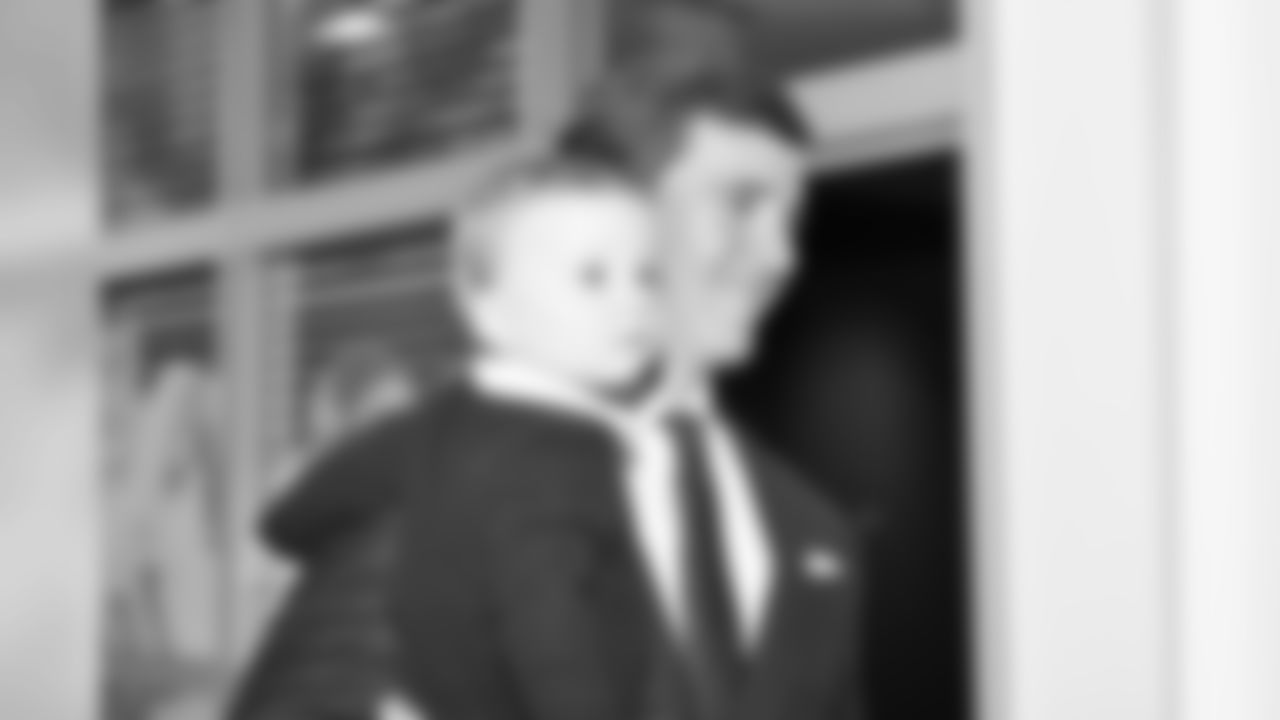
New York Giants quarterback Eli Manning (10) announces his retirement to the media after after 16 seasons with the New York Giants at Quest Diagnostics Training Center on Friday January 23rd, 2020 in East Rutherford, New
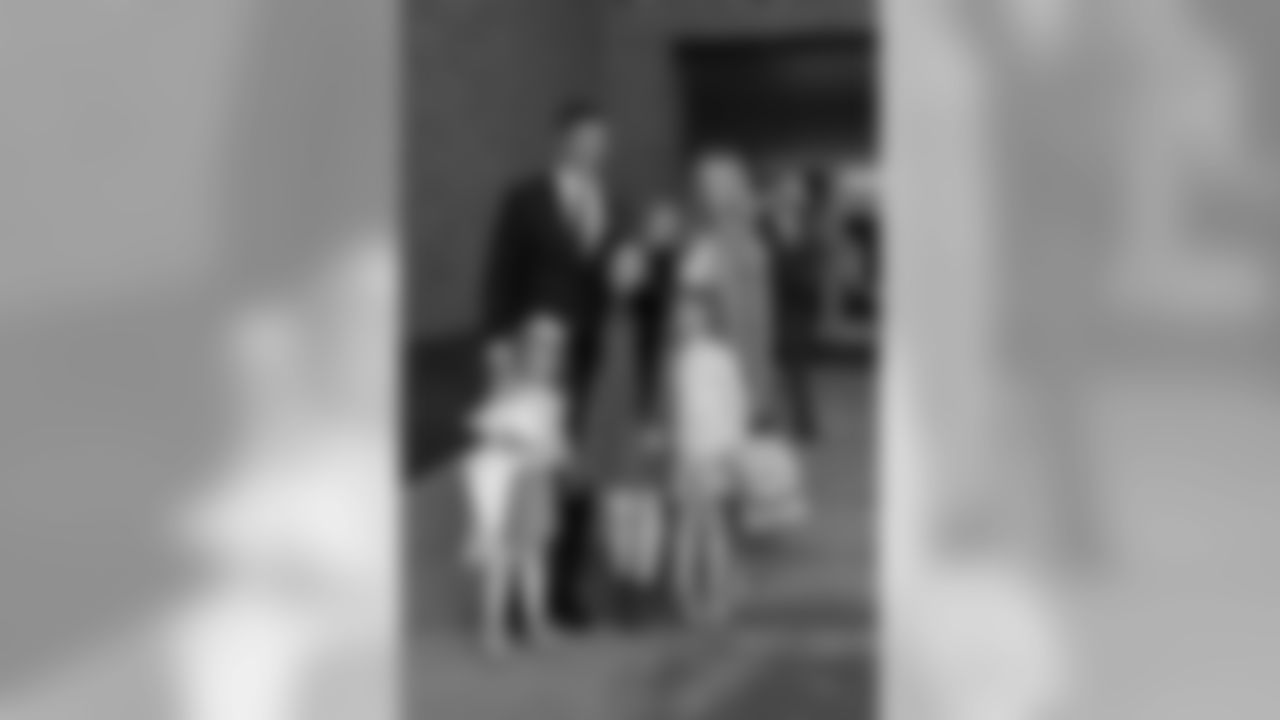
New York Giants quarterback Eli Manning (10) poses for a family photo before he announces his retirement to the media after after 16 seasons with the New York Giants at Quest Diagnostics Training Center on Friday January 23rd, 2020 in East Rutherford, New


New York Giants quarterback Eli Manning (10) talks with Ernie Accorsi before he announces his retirement to the media after after 16 seasons with the New York Giants at Quest Diagnostics Training Center on Friday January 23rd, 2020 in East Rutherford, New

New York Giants quarterback Eli Manning (10) talks with Hakeem Nicks before announcing his retirement to the media after after 16 seasons with the New York Giants at Quest Diagnostics Training Center on Friday January 23rd, 2020 in East Rutherford, New













